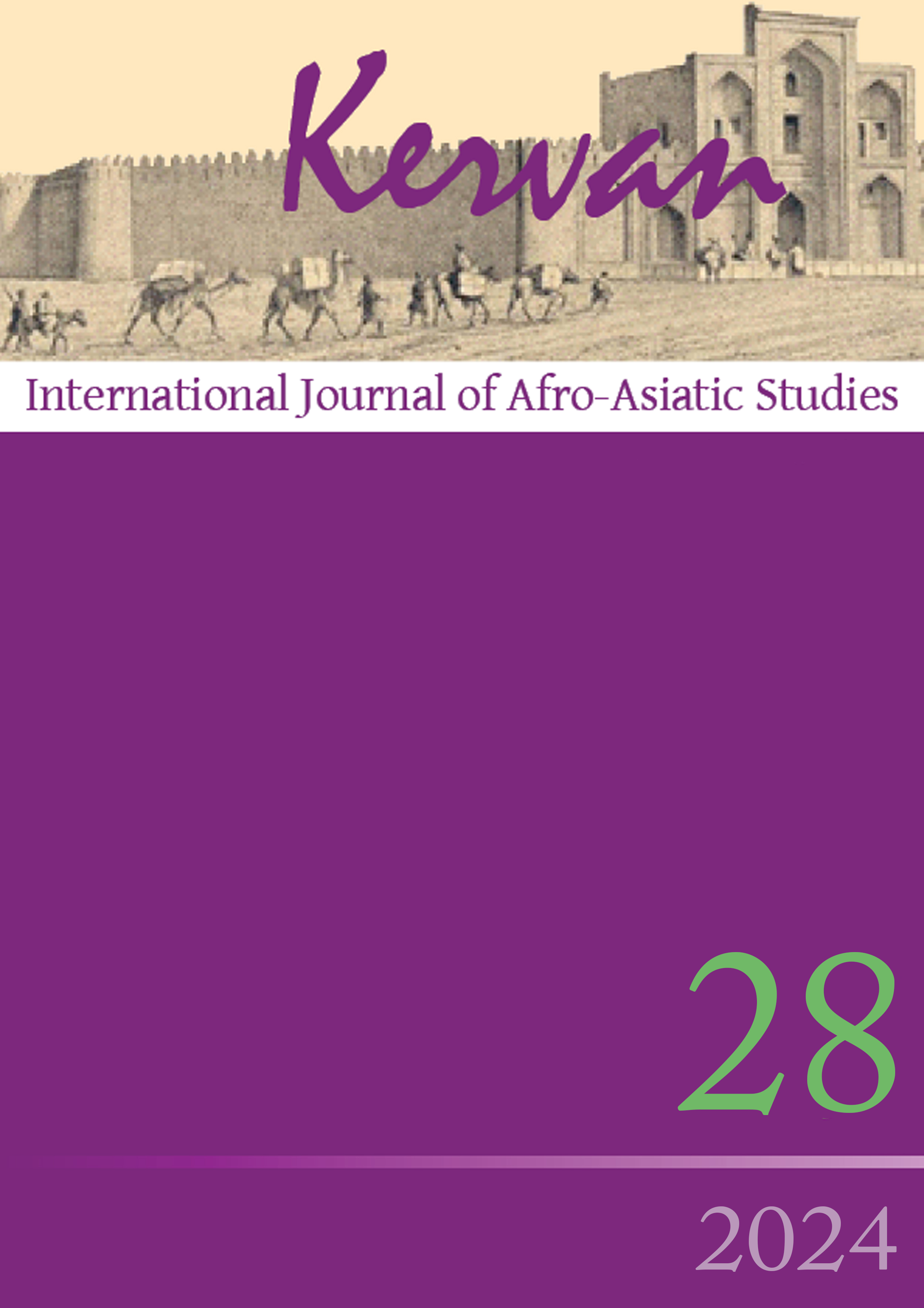Legal systems of the people of Dagbon: Continuities and discontinuities
DOI:
https://doi.org/10.13135/1825-263X/10038Abstract
This article uses a qualitative approach to examine the pre-colonial legal systems of the people of Dagbon and how they have evolved in contemporary practices. The laws in the early societies were to regulate the behavior and conduct of people. The pre-colonial legal systems in Africa, the Gold Coast, and specifically the Dagbon went through several transformations due to the arrival of the Europeans. During the pre-colonial period, the settlement of disputes among the indigenous people of Africa was done through the use of the traditional court of arbitration. The local chiefs were the custodians of the customary laws and administered justice using traditional institutions. The core customary laws of pre-colonial Dagbon were based on marriage, criminal justice, inheritance, and land laws among others. The embedding of the British and German legal systems and institutions in the Northern territories marked a change in the customary legal systems of the people of Dagbon. The postcolonial era saw another modification in the legal systems: legal pluralism (concurrent use of customary and British laws). The central finding of the article is that the pre-colonial legal systems in Dagbon were built on the customs and norms of the land. Besides the already mentioned, it was also found that customary laws remain crucial in the adjudication of cases while playing an important role in the hybrid partnerships with contemporary liberal court systems. This has brought many interesting dynamics regarding the place of customary law in hybrid governance which has further implications for the legal space in Sub-Saharan Africa and the global south context even in contemporary times.
Downloads
Downloads
Published
Issue
Section
License
Gli autori che pubblicano su Kervan accettano le seguenti condizioni:
- Gli autori mantengono i diritti sulla loro opera e cedono alla rivista il diritto di prima pubblicazione dell'opera, contemporaneamente licenziata sotto una Licenza Creative Commons - Attribuzione che permette ad altri di condividere l'opera indicando la paternità intellettuale e la prima pubblicazione su questa rivista.
- Gli autori possono aderire ad altri accordi di licenza non esclusiva per la distribuzione della versione dell'opera pubblicata (es. depositarla in un archivio istituzionale o pubblicarla in una monografia), a patto di indicare che la prima pubblicazione è avvenuta su questa rivista.


 The articles that have appeared on Kervan since 2016 are rated as Class A in the system of National Scientific Qualification (ASN, disciplines 10/N1 and 10/N3).
The articles that have appeared on Kervan since 2016 are rated as Class A in the system of National Scientific Qualification (ASN, disciplines 10/N1 and 10/N3). The journal has been approved for inclusion in DOAJ. The DOAJ listing of the journal is available at
The journal has been approved for inclusion in DOAJ. The DOAJ listing of the journal is available at  The journal has been approved for inclusion in ERIH PLUS. The ERIH PLUS listing of the journal is available at
The journal has been approved for inclusion in ERIH PLUS. The ERIH PLUS listing of the journal is available at  Kervan was just accepted for indexing in SCOPUS. This important milestone ensures that articles published in Kervan are easily found when searching for library, archives and Information science and it enables Kervan authors to keep track of how often their article has been cited by others.
Kervan was just accepted for indexing in SCOPUS. This important milestone ensures that articles published in Kervan are easily found when searching for library, archives and Information science and it enables Kervan authors to keep track of how often their article has been cited by others.

